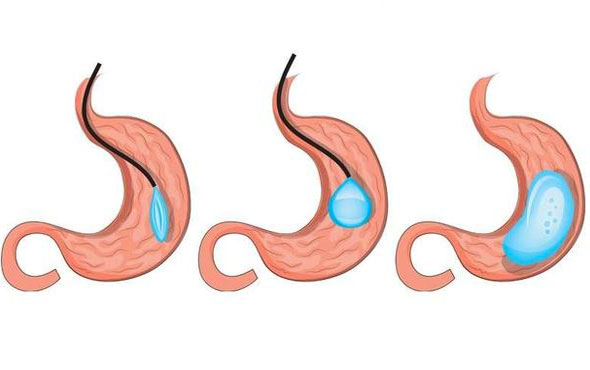Revision Surgery

evisional bariatric surgery is performed to alter or repair one of the many types of weight loss surgery for the treatment of morbid obesity. The Center for Weight Loss & Metabolic Medicine is one of the only practices in the New Jersey, New York and Pennsylvania area with bariatric surgeons experienced enough to perform these corrective procedures. In light of the increasing number of surgical procedures performed in our area, the need to revise and/or repair these operations is on the rise.
The Need For Revisional Surgery
The concept of revisional bariatric surgery is not new. In fact, the first two operations that were widely performed for treatment of morbid obesity were associated with a high rate of revision.
The first, jejunoileal (intestinal) bypass, was associated with a large number of severe and unpredictable nutritional problems and diarrhea. Consequently, many of these procedures were revised or reversed.
The second operation, stapled gastroplasty (stomach stapling), was associated with many weight loss failures due to both poor design of the earliest procedures and the fact that the staples frequently “popped,” thus ruining the operation.
Are You in Need of a Revision?
The two currently popular procedures, Roux-en-Y gastric bypass and LAP-BAND while successful, also require occasional revision. In fact the revision rate for the LAP-BAND is more than 10% during the first two years for either device-related problems or unsatisfactory weight loss. Likewise, the revision rate for gastric bypass is roughly 5-10% after 5 years for either troublesome complications, (e.g., ulcer, etc.) or for unsatisfactory weight loss.
If you’ve had poor weight loss/weight regain or complications of the original procedure, e.g., ulcers for RY gastric bypass or slippage of the LAP-BAND, you may qualify for revisional bariatric surgery.
Experience Matters
Revisional bariatric surgery is difficult to perform due to its high complexity and complication rate. The risks associated with revisional procedures are in some cases more than 10 times greater than with primary/first-time bariatric procedures.
However, the outcome of the majority of revisional operations is generally favorable when in the hands of an experienced bariatric surgeon. Furthermore, appropriate selection of patients for revisional operations by an experienced practitioner is more likely to improve the outcome.
Will you do my revision if another surgeon performed the original operation?
Absolutely. Revisional bariatric surgery is one of our specialties, so it’s quite common for our patients to have received their first bariatric operation from a different operating surgeon.


